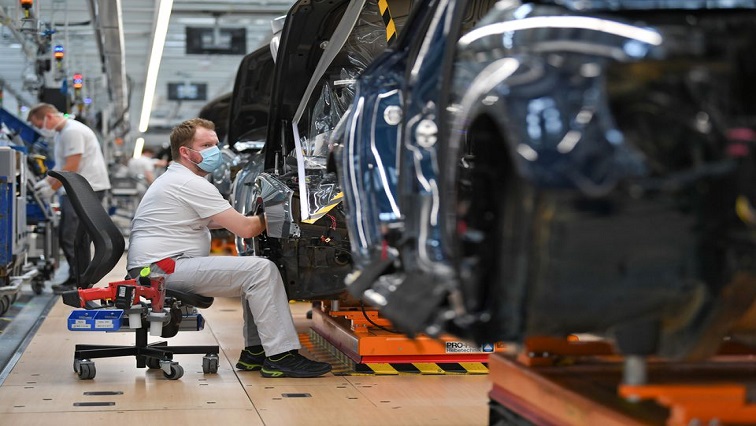Data published by Statistics South Africa reflects the adverse impact of load shedding and muted global economic growth on the manufacturing sector.
Manufacturing production decreased by 1.1% in November 2022, compared with November 2021.
The largest negative contributions came from food and beverages, wood and wood products, as well as petroleum and chemical products.
Analysts say while load shedding has been a deterrent for the manufacturing sector, high input costs have also weighed heavy on the sector in the past couple of months.
An Economist at Econometrix, Laura Campbell says the manufacturing production is not expected to pre-pandemic levels for years to come.
“What we are seeing is that manufacturing is stagnating well below pre-pandemic levels with no signs of further recover. The industry faces domestic headwinds such as now seemingly permanent load shedding, deteriorating infrastructure, then globally economic growth is slowing. This is impacting negatively on export demand. Unfortunately, the broader picture will remain one of deindustrialization,” adds Campbell.
Chief Economist at Antswisa Transaction Advisory, Miyelani Mkhabela says South Africa should take advantage of opportunities that exist in the electric vehicle export market to boost performance in the manufacturing sector.
“We are expected to have a pace in manufacturing cars or electric vehicles and you look at the SA industry being delayed or behind in terms of the readiness to transition from combustion engine vehicles to EVs. So, we don’t have necessary infrastructure for that and some of the things is because of the manufacturing. The automotive industry of the future and technologies of the future.”
Manufacturing production increased by two percent in November on a month-on-month basis following a 6.2% contraction in October.
VIDEO | The manufacturing sector is showing signs of taking the strain





